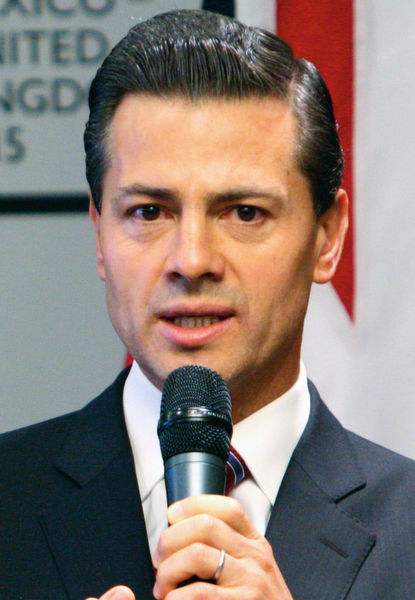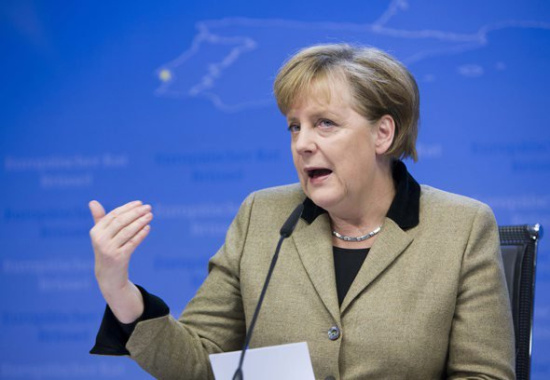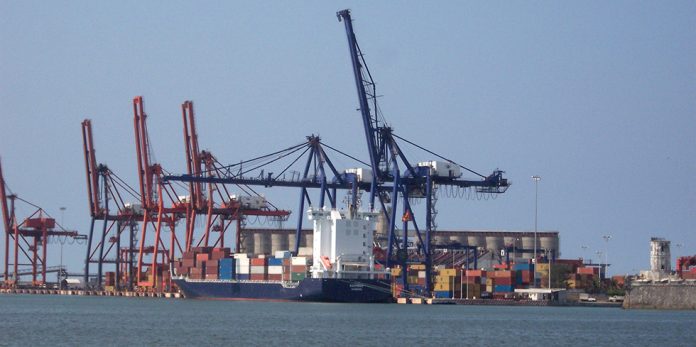Ten free trade agreements with 45 countries in all, besides 32 investment promotion and protection agreements and membership of all the relevant intergovernmental organisations: These numbers make Mexico the worldwide leader in free trade. It has also convinced foreign investors.
Mexico was able to generate a whopping 14.385 billion US dollars of foreign direct investment in the first half of 2016. That was 4.6% more than the figure generated in the same period in the previous year, which was 13.75 billion dollars, as reported by the Mexican Ministry of Economics. Media reports say that a reason for this engagement has crystalised for the investors, in addition to the opportunities in the domestic market: The numerous free trade agreements make the place
The most recent of these agreements has garnered considerable attention right up till Europe, although it is with regard to the other side of the world: Trade ministers of twelve countries signed the Trans-Pacific Partnership (TPP) agreement in February. Besides Mexico, Australia, Brunei, Chile, Canada, the USA, Japan, Malaysia, New Zealand, Peru, Singapore and Vietnam are also members. The agreement is supposed to be ratified by the participating countries within two years after the conclusion of the contract. But, it can also come into force after this deadline, if it is ratified by six countries, which represent 85% of the GDP of the signatories.

(Mexico’s president Enrique Peña Nieto)
TPP leaves out many customs duties
The TPP agreement favours the removal of many existing customs duties between the member states for a series of products, including agricultural products, motor vehicles and textiles. Arbitration panels should be established to settle disputes between investors and host countries. The right of the participating countries to enact laws in public interest, especially related to health and environmental protection, is affirmed. The participating countries have been granted the explicit right to lay down regulations for protection of non-smokers. Short-term capital transfer controls can be introduced to deal with the balance of payment crises.
A free trade agreement between Mexico and the EU has been in force since the year 2000. According to consistent statements of the German Federal Ministry of Foreign Affairs and the Mexican Ministry of Economics, both sides are working towards updating and expanding the agreement. During the visit of Mexico’s president Enrique Peña Nieto in April in Berlin, German President Angela Merkel announced their commitment for the trade relations between the EU and Mexico to be modernised on the basis of the agreement. “Despite falling oil prices and huge challenges faced by the domestic oil industry, Mexico does not rely on protectionism and isolation. Rather, it admits free trade and is a good partner”, she said. “Investments by German companies in our country have increased considerably in recent years and today, Germany is the EU country with the highest investment in Mexico. German companies have generated 120,000 jobs in our country”, explained Nieto.
But the most important from the Mexican point of view remains the free trade agreement Nafta with the USA and Canada – 80% of the country’s foreign trade is still with its direct neighbours in the North. Nafta was established on 1st January 1994; numerous customs duties were repealed when the free trade agreement between the three member nations came into force, many others were suspended temporally.

(Chancellor of Germany:Angela Dorothea Merkel)
Free trade even in the direction of South America
Till 2008, non-tariff trade barriers were supposed to have been eliminated as part of Nafta. The agreement provides the opening up of different markets, including the banking, energy and transport sectors of the participating countries for companies from other member states. That also includes awarding public contracts. Another aim of the agreement was strengthening the protection of intellectual property, including medical patents. Nafta also includes rules for investment protection and provides the opportunity to introduce investment arbitration, if the profit expectations of the companies are diminished due to new laws.
A free trade agreement between Mexico and Uruguay has existed in South America since 2004. According to the Mexican Ministry of Economics, it is the only agreement of its kind, which the country has entered into with a member of the economic community, Mercosur.

(Gulf in Mexico)
Bluestar Technology will build factories in Mexico
Bluestar Technology is preparing for the construction of the factory in Mexico since 2015, which now entered the organize stage. During this period, relying on Mexico's economic development policies and the situation, Bluestar Group will keep up with the trend. In the future, under the customer-centered premise, We are committed to the Chian- Made to the world, and strive to build a world-class mold and auto lighting products.
(Link:http://www.maschinenmarkt.international/mexico-free-trade-attracts-foreign-investors-a-557168/)